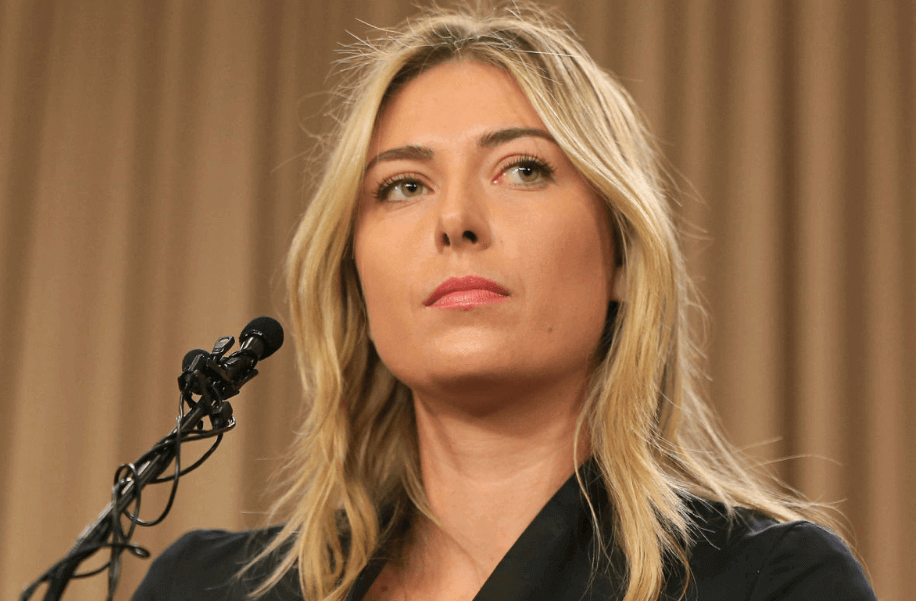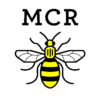The International Tennis Federation (IFT) has banned the former world No.1 Russian tennis player, Maria Sharapova, after she tested positive for the meldonium drug. The IFT made the announcement on Wednesday, ending speculations about the future of Sharapova. The 29-year-old was provisionally suspended in March after she tested positive for a banned drug meldonium at January’s Australian Open.
Sharapova revealed at Australian Open that she’s been taking the drug since 2006 for health issues. The five-time Grand Slam champion said she can’t accept the unfairly harsh two-year ban and she will appeal. Sharapova will appeal her suspension which is backdated to 26 January 2016 at the Court of Arbitration for Sport (CAS). Her lawyer John Haggerty, told CNN he expects the hearing to take place next month.
Sharapova immediately announced on her Facebook Fan Page that the tribunal concluded that she did not deliberately violate the anti-doping rules. She intends to stand for what she believes is right and that’s the reason she will fight until she’s back on the tennis court.
The way in which Maria Sharapova used the drug
- On match and training days, the drug is only constant with a purpose to boost her energy levels – the tribunal said.
- Maria Sharapova failed to disclose the drug to even her teammates. The way in which the drug was used, it’s concealment from the anti-doping authorities – the tribunal said.
- The tribunal believes that she took the drug for the purpose of enhancing her performance.
- Sharapova lacks any medical justification to support her claims.
According to BBC News, her sponsorship sports firm, Nike, said it will continue its sponsorship with Sharapova despite her failing a drug test and banned for two years. Nike’s relationship with Sharapova dates back to when she was 11-years-old.








